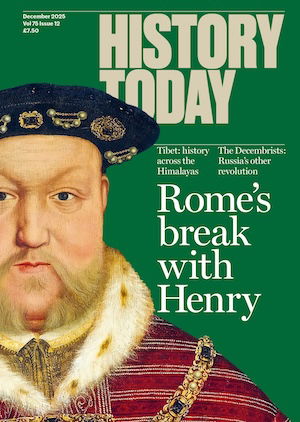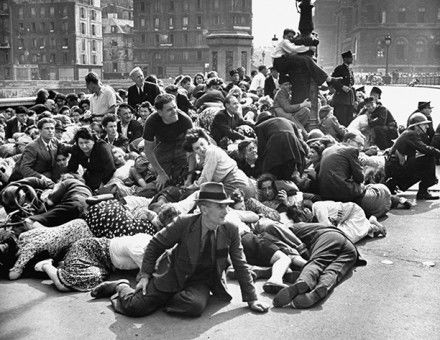The Dambusters: Barnes Wallis and Bomber Command
The Dambusters Raid is one of the best known operations of the Second World War. But, as James Holland explains, the development of the ‘bouncing bomb’ took place against a background of bitter rivalry between the armed services.










